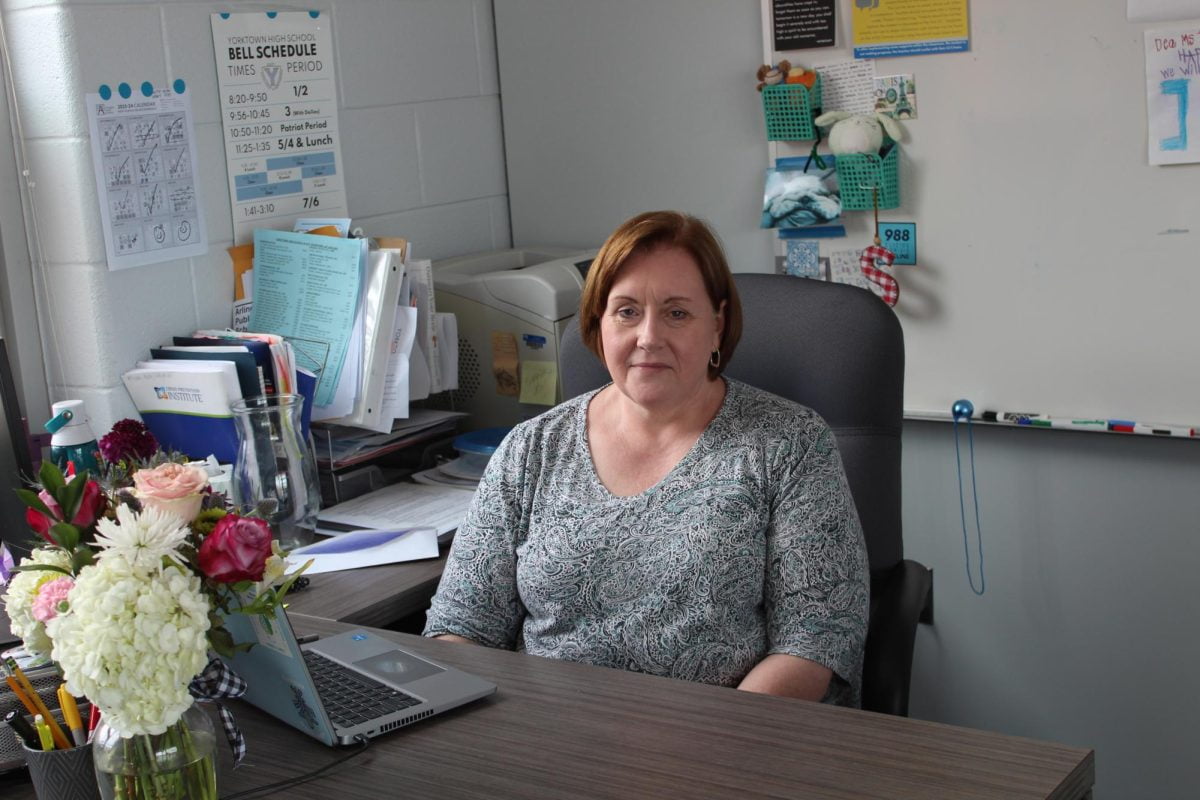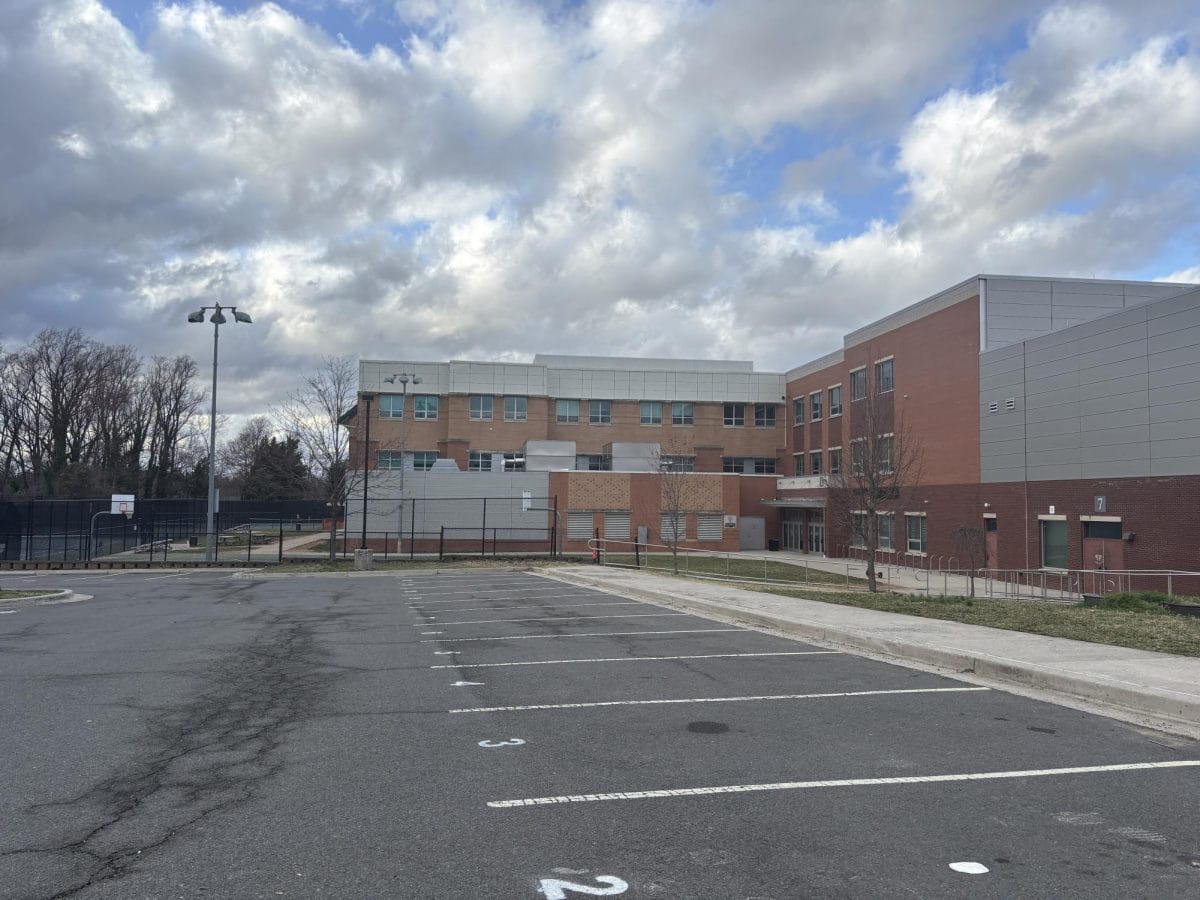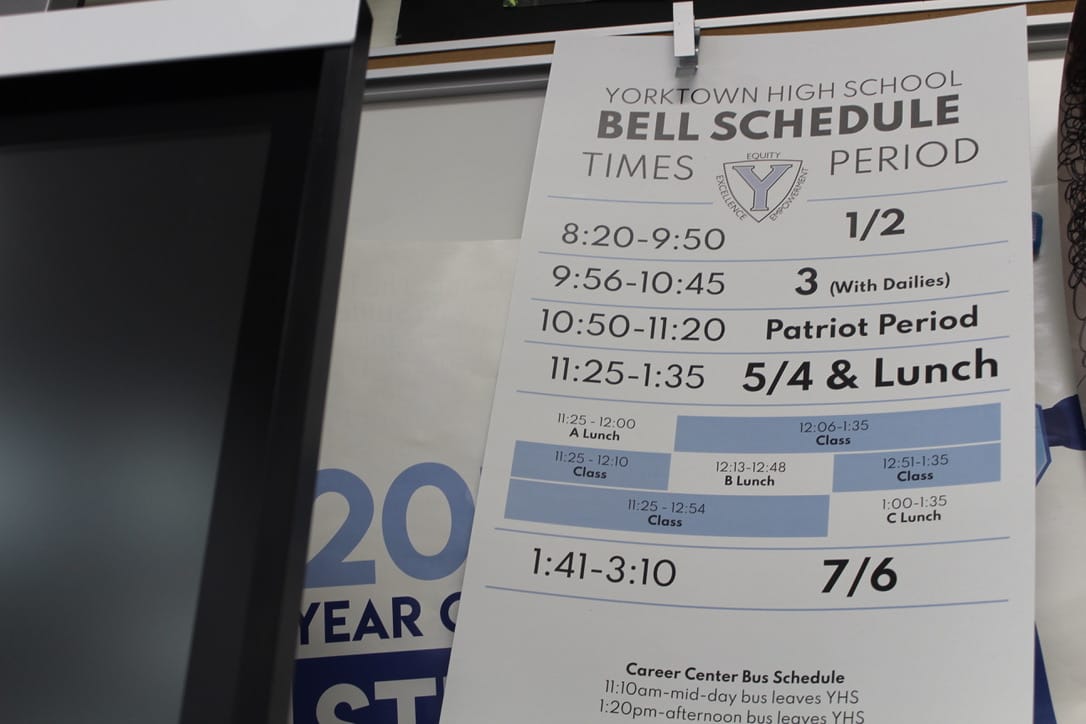If you go to Yorktown and are planning on receiving a higher education, I am sorry.
The pressure piled on our school’s students to go to the colleges with the lowest acceptance rates is overwhelming, to say the least. Advanced Placement (AP) classes are forced into our schedules from the ripe age of 14. Now, sophomores can take up to five APs for the sake of getting into their dream university. These factors create a culture where it’s implied that if you aren’t stressed, you aren’t doing it right.
The opportunity to go to top colleges isn’t the problem; it’s the idea that a college that needs you to sacrifice your teenage years is the only correct path. As a student at our school, it can sometimes feel like college is the end game or that it is the most important thing, so you have to give up everything for it. In reality, the prestige or rank of a college doesn’t actually matter that much, and it definitely is not a reflection of your worth.
In order to understand college, you must first know that acceptance rates are far from everything. In fact, they are often deceiving. Right now, acceptance rates are dropping, but it isn’t because colleges are getting more selective, it’s because more people are applying. The pressure to attend an exclusive school is pushing more students to apply to Ivy Leagues, and fewer to apply to state schools. This forces the gap between acceptance rates to widen, pushing more students to strive for a selective college because they don’t want to attend one with an “overly high” acceptance rate. Acceptance rates are finicky and don’t represent the whole picture.
Low admission rates mean more rejections. However, while rejection sucks, it is important to know that it probably isn’t your fault. Colleges have a limit on the amount of people they can allow from each area. If you were waitlisted or rejected, you could be qualified, but just in the wrong region. In the instance that colleges admitted everyone that was qualified, their schools would have too many students, many from high schools just like ours.
Oftentimes, the reasons students get rejected is because of something that is completely out of their hands, such as their personality. This could be the traits they see in interviews, your writing style or the types of extracurriculars you choose. Any admissions officer will tell you that colleges pick people not only based on qualifications and region, but also whether or not a student will fit in socially. Colleges are building a class, not just selecting the top students. Schools don’t want a campus full of one type of student, especially if they fear the student won’t contribute to the social environment due to their intense focus on academics. Additionally, admissions officers want someone who will grow at their college. There has to be room for improvement.
Acceptance rates and admissions are influenced by a multitude of factors that don’t justify tying your worth to getting into a “selective” college. If you are someone who will achieve success, this will not be dependent on what you do after high school.
Money isn’t the only form of success, but some people believe it is. It is more than possible to go to a less prestigious school and go on to be wealthy. Take Howard Schultz, the former CEO of Starbucks who attended Northern Michigan University, a college that has an acceptance rate of 71 percent. Oprah Winfrey went to Tennessee State University, with an acceptance rate of 93 percent. Halle Berry, Kenny Troutt, Sheldon Adelson and J.K Rowling are just a few people with a net worth of at least $90 million that went to a college with an undergraduate acceptance rate above 60 percent.
Yorktown is full of high-achievers. Our school contains thousands of financially-supported, smart individuals. These students are easily caught up in the stereotypical aspects of success, such as going to a selective school, because it is a very possible future for them. But these standards simply produce burnt out students who have lost their sense of identity doing everything for college and nothing for themselves.
It is important that we fight this culture by encouraging ourselves and our peers to follow their hearts. Start passion projects, but do them because you’d genuinely like to. Raise money for a cause you truly believe in. Join clubs that interest you, not the ones you think will get you into a “good” college.
The college admissions process is too random and inconsequential to center all your decisions around going to a certain school. Because chances are, you won’t go to that school. And when you sit in front of the decision letter that you think just wrecked your life, you’ll regret spending your teenage years in a constant state of stress. But even if that is already you—the person who got rejected from their dream college that they worked so hard for—you will be completely fine.
So take a deep breath, and chill out. Where you go is not who you are, it’s only the beginning. You have so much time to be exactly who you want to be.









































